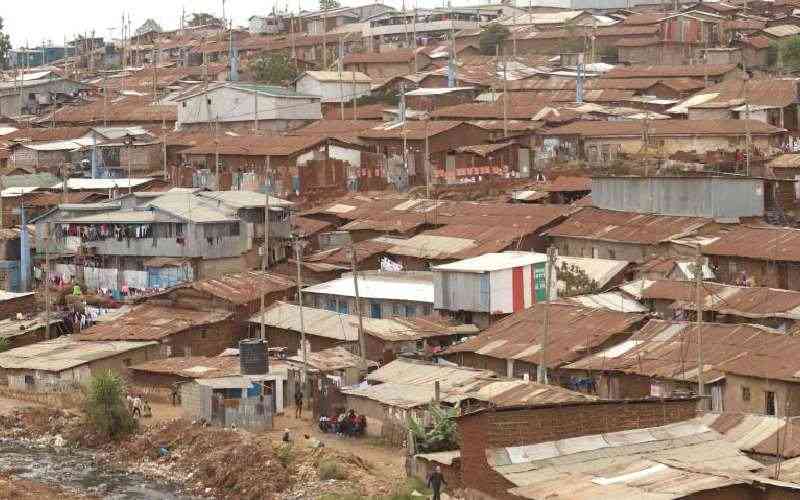×
The Standard e-Paper
Join Thousands Daily

African leaders are increasingly aspiring to "modernise" their cities. That is to make them "globally competitive" and "smart". The hope is to strategically position cities in Africa to drive the continent's much-needed socio-economic transformation.
But these aspirations tend to marginalise and antagonise the informal sector. The sector encompasses the suite of economic activities by workers and economic units that are - in law or in practice - not covered (or insufficiently covered) by formal arrangements.